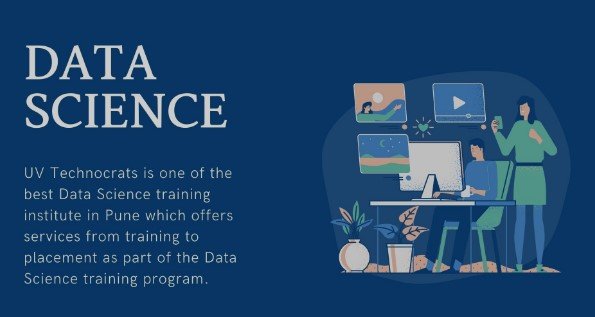Introduction
Mastering Excel to Python in Delhi would typically involve finding resources such as courses, workshops, or training programs that cater to this specific transition. This write-up presents a general roadmap you might follow for a journey from Excel to Python.
Excel to Python Step-by-Step
Following is a workable step-by-step plan for a journey from Excel to Python.
- Understand Python Basics: Start by learning the basics of Python programming language, including variables, data types, control structures (if statements, loops), functions, and basic file operations. While advanced courses might require the learner to have some background in programming languages such as Python or R, an entry-level data science course will include lessons in Python programming.
- Explore Data Analysis Libraries: Python has powerful libraries like Pandas, NumPy, and Matplotlib for data analysis and visualisation. Learn how to use these libraries effectively for tasks like data manipulation, cleaning, analysis, and visualisation.
- Bridge Excel Concepts to Python: Understand how concepts from Excel such as formulas, pivot tables, and data manipulation can be translated into Python using libraries like Pandas. This step involves understanding the similarities and differences in the approaches between Excel and Python.
- Practice with Real-World Examples: Work on real-world datasets and problems to apply your Python skills. This could involve tasks like importing Excel data into Python, performing data analysis, and generating reports or visualisations. An effective quality data analyst course must offer extensive coverage of real-world projects. Before you enroll in a data analyst course in Delhi Bangalore, or Hyderabad, examine the syllabus carefully and ensure that it offers substantial coverage of hands-on project assignments.
- Advanced Topics: Once comfortable with the basics, dive into more advanced topics such as handling larger datasets, working with databases, machine learning, or web scraping, depending on your interests and career goals.
- Projects and Portfolio: Build projects to showcase your skills. This could be automating Excel tasks with Python, creating interactive dashboards, or analysing datasets to derive insights. A strong portfolio can be invaluable when applying for jobs or doing freelance work.
- Networking and Community Engagement: Join local Python or data science meetups, workshops, or online communities to connect with others who are also transitioning from Excel to Python. This can provide support, learning opportunities, and potential job leads. Note that a classroom data science course or any other course has some marked advantages over an online course in that it makes the learning engaging and interesting and also promotes networking among like-minded learners, which considerably increases knowledge transfer and employment prospects.
Conclusion
As for finding resources in Delhi specifically, you can search online for Python training institutes, coding boot camps, or universities offering courses in Python programming and data science. You can also look for online courses or tutorials that you can follow remotely. Additionally, platforms like Meetup.com or LinkedIn may help you find local Python or data science communities where you can network and learn from others in your area. However specific your requirement might be, there is a data analyst course in Delhi that can cater to it. Only that you must apply some due diligence to locate it.
Name: ExcelR- Data Science, Data Analyst, Business Analyst Course Training in Delhi
Address: M 130-131, Inside ABL Work Space,Second Floor, Connaught Cir, Connaught Place, New Delhi, Delhi 110001
Phone: 09632156744
Business Email:enquiry@excelr.com

